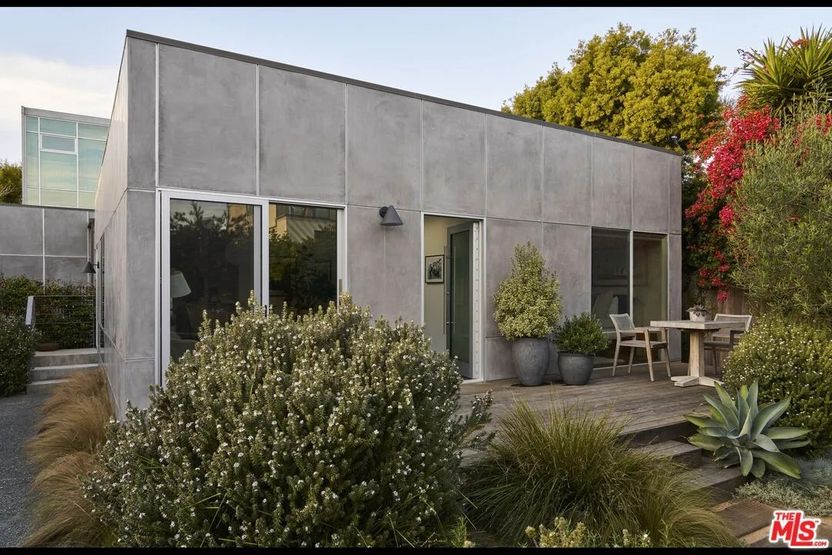The farther south you drive in Mississippi, the curlier the metal roofs get; the more the trees look like they’ve been stomped.
While on assignment there with the Red Cross, I drove caravan to Gulfport with a crew in a satellite truck on their way to provide online access and other computer services to the residents now living in shelters. At the intersection of Highway 49 and Interstate 10, a road sign was bent completely backwards. Upside down I read, “IH-10W to New Orleans.”
With few street signs remaining to guide us, we got a little lost, but finally found Red Cross headquarters. I hooked up with a couple of guys driving a truck loaded with relief provisions, such as bottled water, diapers, and hygiene kits. That morning they’d discovered a neighborhood in Biloxi that had been overlooked by relief workers for the entire two weeks since Hurricane Katrina had ripped through town. I suppose they’d been overlooked because their homes were on the blocks directly behind the stretch of Highway 90 that runs past what were the Biloxi casinos. It’s difficult to imagine how these pleasant little homes had withstood the gigantic tidal wave that had hurtled the President Casino over a mile and shoved it ashore – but they had.
The residents were awe-inspiring: tossing tree branches and sweeping red silt off their roofs; cleaning up; repairing their houses. With the strength of Titans, they were putting their lives back together – these brave people who had not had so much as a clean glass of water for 14 days. We stopped outside an apartment building and the residents came out to greet us.
“I just want to brush my teeth,” moaned one woman. I was thrilled have a hygiene kit full of toothbrushes and toothpaste to give her, as my companions unloaded a large bottle of water from the truck. Just then another Red Cross vehicle arrived – a kitchen on wheels handing out hot meals.
Down the road a man stood outside of his building. When Katrina made landfall, her giant tidal had trapped him in his apartment. But he was one of the lucky ones. The water inside rose as high as his knees. I wanted to stay on and hear more of his tale of survival, but the sun was setting, and we had to get back to headquarters before the 7:00 p.m. curfew – strictly enforced throughout the coastal region. We shook hands and parted.
When I got to my car, I slathered on antibacterial hand sanitizer. It was proper protocol, but still I felt like a jerk.
Biloxi, Mississippi has always been a lovely place in my memory. I first went there with my father and sisters when I was six. I never forgot its immaculate white sand, and the feeling of wading out for nearly a mile, with the water never higher than your waist. It was a Southern jewel, crowned by Jefferson Davis’ house, considered by many to be the Monticello of Mississippi. The President of the Confederate States of America was an architect, and had designed his home to withstand hurricane in the sea breeze, as though they’d been TP’d very early for Halloween. One enormous tree had been yanked up out of the ground by the storm and rolled across the lawn, cutting a deep channel.
Further up the road, we stopped at the belly of a beached whale formerly known as the President Casino. There we met several National Guardsmen. They told us of their grim task of searching through shattered houses for the dead. As we walked along the now useless boat bottom of the building, a Guardsman picked something out of the sand and handed it to me. It was a silver dollar-sized, sea-tossed coin from the casino.
We looked up at the first floor, a wasteland of shredded electrical wires, except in one corner, where one bottle of scotch whiskey sat on a shiny stainless steel rack, oddly untouched by the worst natural disaster in American history.Santa Monica resident Melissa Roddy is an actress, a writer and has been a Red Cross volunteer since 1997.












